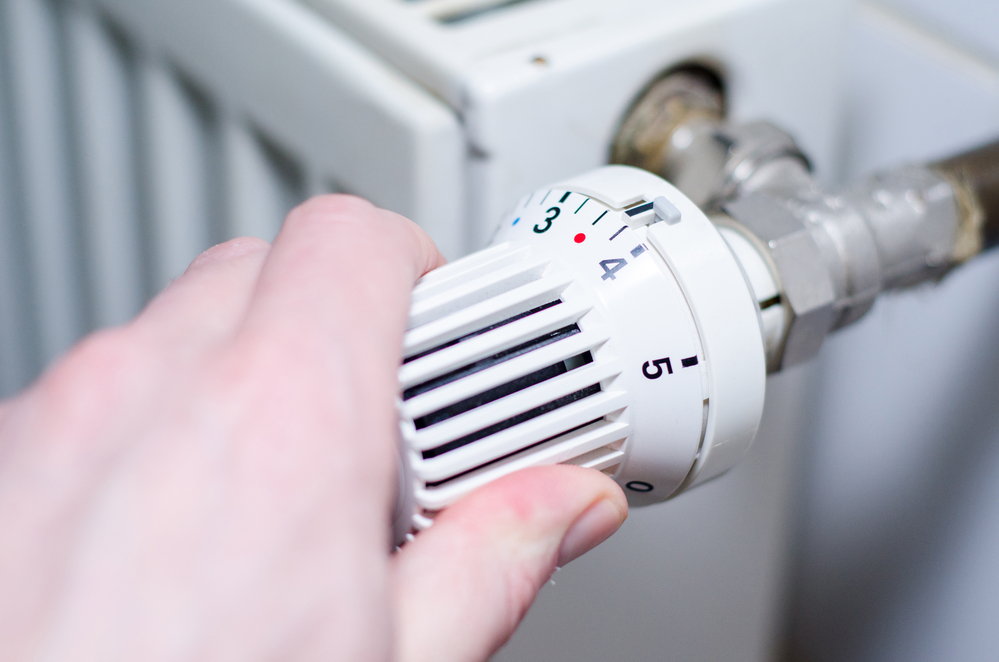A new representative survey by I&O Research — commissioned by the NOS — shows the impact of price increases for 1,996 Dutch residents. Unsurprisingly, the most affected comprise the low-income groups. 📈
According to the NOS, the inflation rate in the Netherlands hasn’t been this high since the 1970s. But, only 3 out of 10 people say they suffer because of it. 🤔
It’s safe to say that the majority of Dutch people aren’t so bothered by the rising prices. 🤷🏻♀️
However, those who are most affected belong to the least-advantaged income class.
For instance, single mothers or people who receive social benefits — who are already economically challenged — must face even more obstacles with the current rising prices.
What has inflation changed for the lower-income groups?
Almost half (47%) of Dutch people with a minimum income are suffering from increased prices. And, one in five (20%) say it creates issues for them.
The representative survey wrote that a fifth to a quarter of Dutch people with minimum incomes fear an income decrease. This includes pensioners (31%), self-employed people (27%) and unemployed groups (25%).
In comparison, 62% of the Dutch respondents expect no change at all and 19% even saw a potential increase in their income levels.
What about the rising gas prices?
As many know, the rise in gas and energy prices has been fueled by Russia’s war in Ukraine. ⛽ As a result of this, more than half (55%) of the Dutch respondents claimed that they turn down their heaters while 3 in 10 have started to drive less or take shorter showers.
Surprisingly, the study found that respondents from lower-income groups haven’t adjusted their behaviour as much as those with middle incomes when it comes to energy costs.
This is because people with lower incomes are accustomed to being sparing with their money already but they’re also less likely to own cars in general, says one of the survey researchers.
Have you been personally affected by the rising inflation rate? What’s your experience? Tell us in the comments below!



